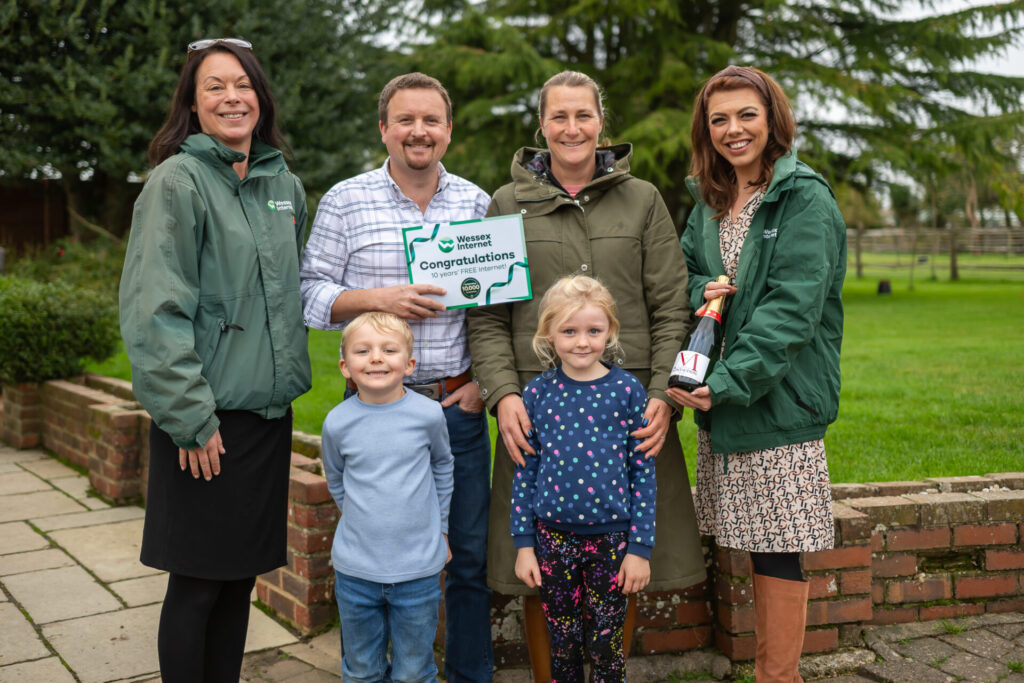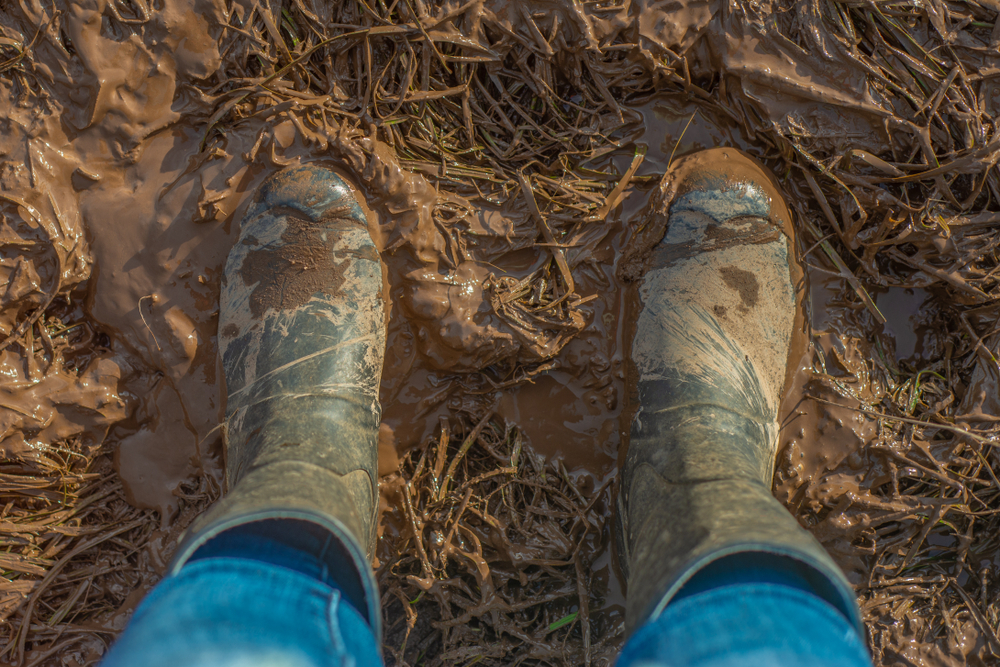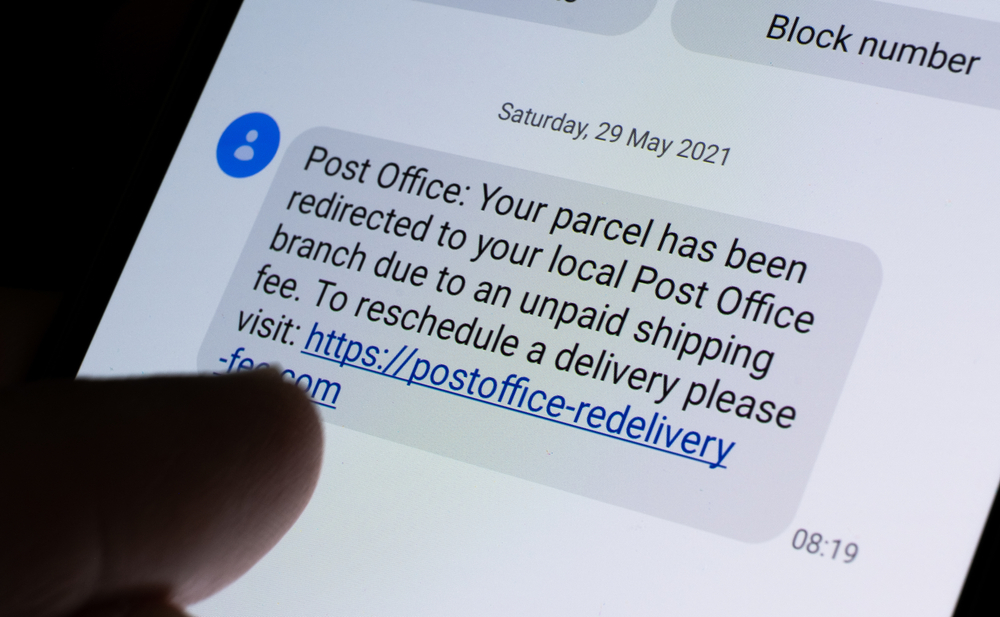Dorset-based full-fibre broadband provider Wessex Internet is celebrating a major achievement, having connected its 10,000th customer.

The milestone customer, Dan Phillips from Bisterne, Hampshire, was thrilled to learn he has won 10 years of free gigabit broadband as part of the company’s celebrations.
The award-winning, rural-focused Internet Service Provider (ISP) continues to experience significant growth, with a projected 60% increase in customers this year. Wessex Internet recently surpassed 30,000 properties now ready for its gigabit service, thanks to its disciplined and strategic network expansion.
Focused on delivering connectivity to underserved rural communities across Dorset, South Somerset, Wiltshire, and the New Forest, the company is managing four government-backed Project Gigabit contracts. These contracts, worth £71 million, will enable Wessex Internet to bring full-fibre broadband to over 53,000 properties in the next four years.
2024 has been a transformative year for the ISP, as it scales its ultrafast network and customer base in a targeted way. To date, Wessex Internet has taken a record-breaking 5,000 orders this year and is installing an impressive 500 new customers every month.
Hector Gibson Fleming, CEO of Wessex Internet, said:
“We’re thrilled to welcome our 10,000th customer to Wessex Internet. We are passionately focussed on expanding our services to places where we deliver real social value, and working with our Project Gigabit contracts is enabling us to do that faster and more consistently than ever before. Our continuing trend of a 30% network wide take-up proves that our targeted strategy is paying off.
“We’ve never aimed to be the biggest business in the industry, but we understand our rural niche and 2024 has been an incredible year so far. Thanks to the hard work and dedication of everyone in our team we are installing more customers than ever before. Having hit this milestone, we’re now just looking forward to the next 10,000!”
Dan Phillips, the 10,000th customer and winner of 10 years of free broadband, shared his excitement:
“As a director of a tech business and with my wife frequently teaching online, we’re delighted to now have an ultrafast broadband connection as it will make a massive difference to our businesses. The whole Wessex Internet team have been friendly and charming from the start. We’re excited that our installation has made us the company’s 10,000th customer, particularly as Sen, the installation engineer did such a good job despite having two puppies trying to assist him. Congratulations Wessex Internet on reaching this milestone!”














